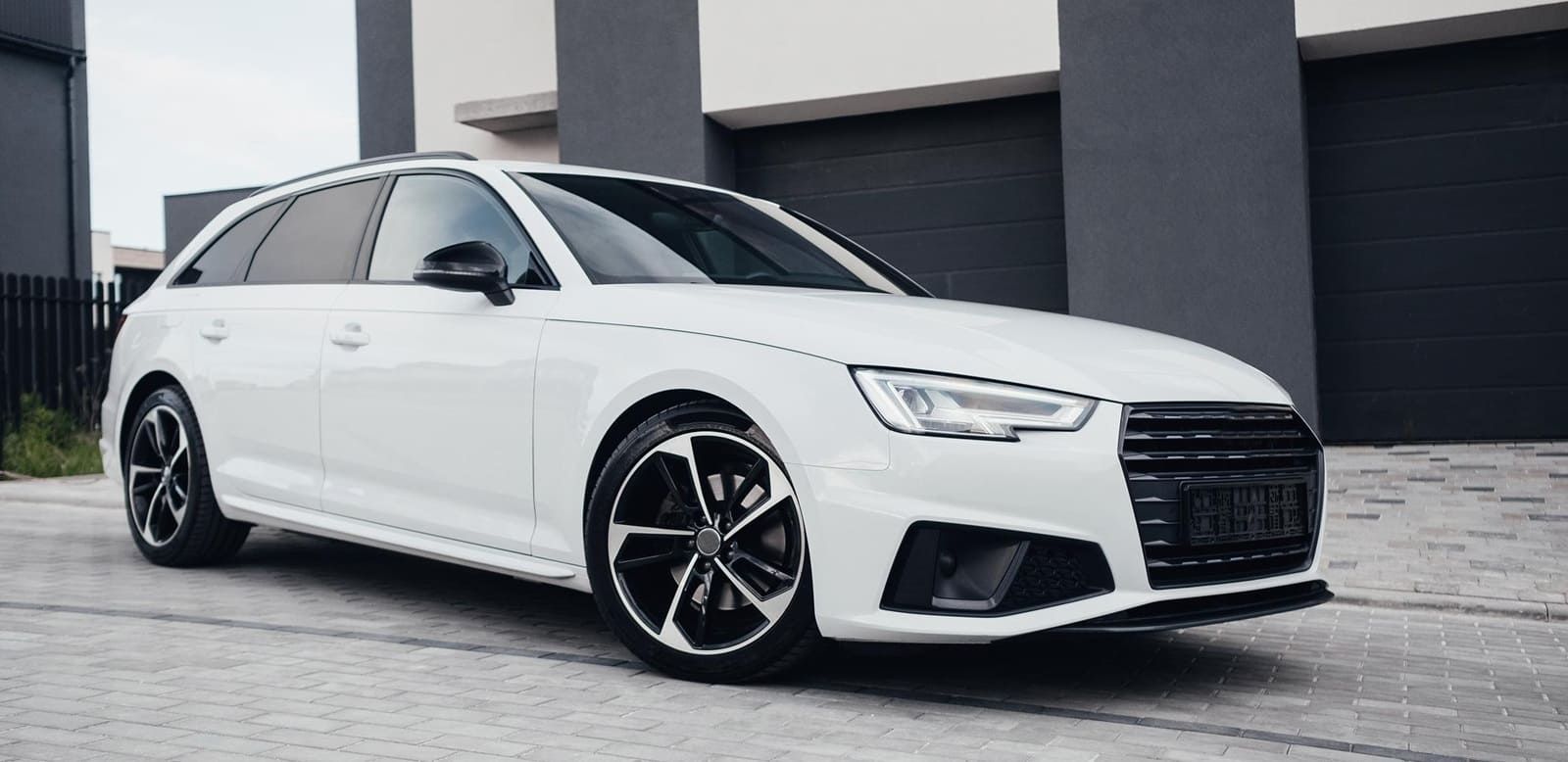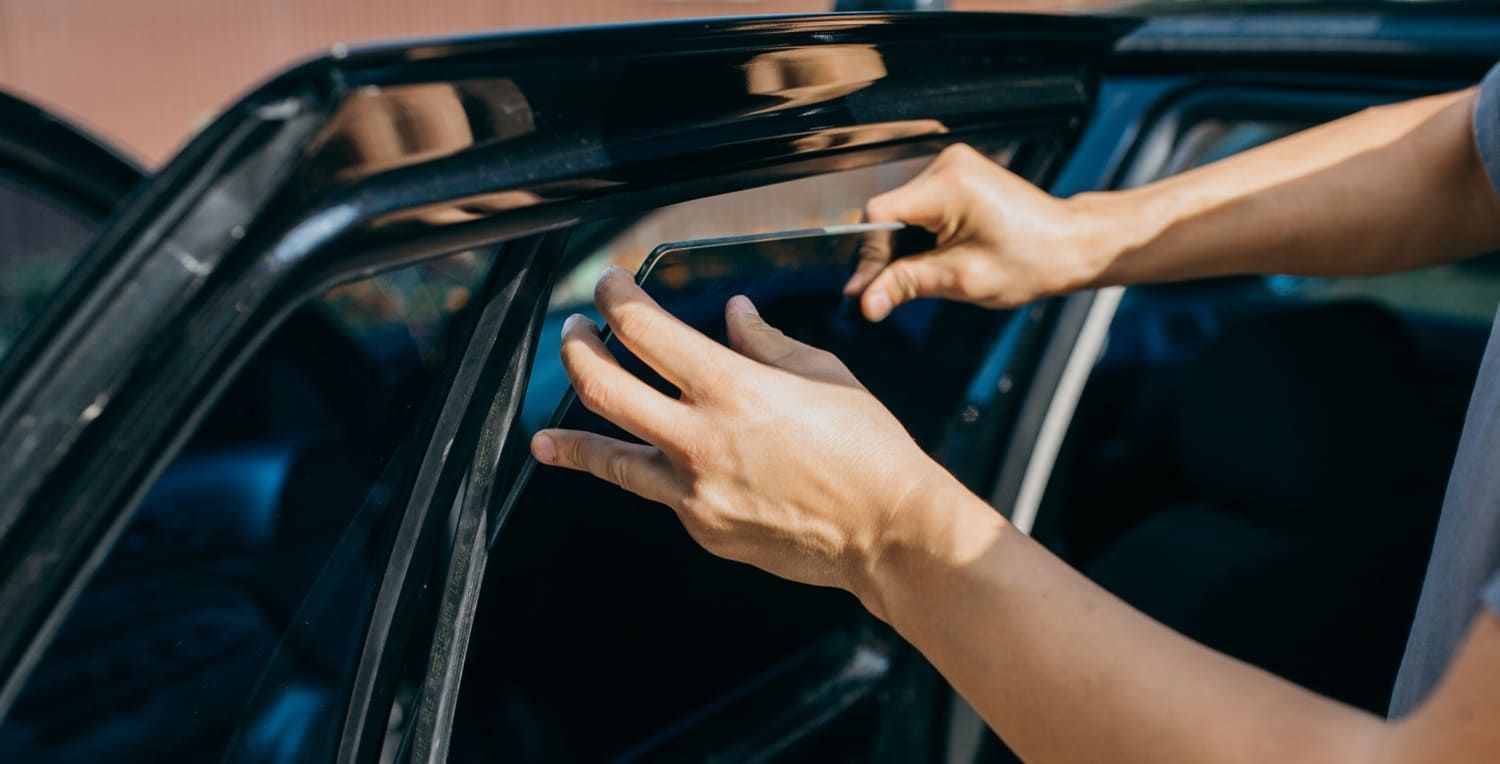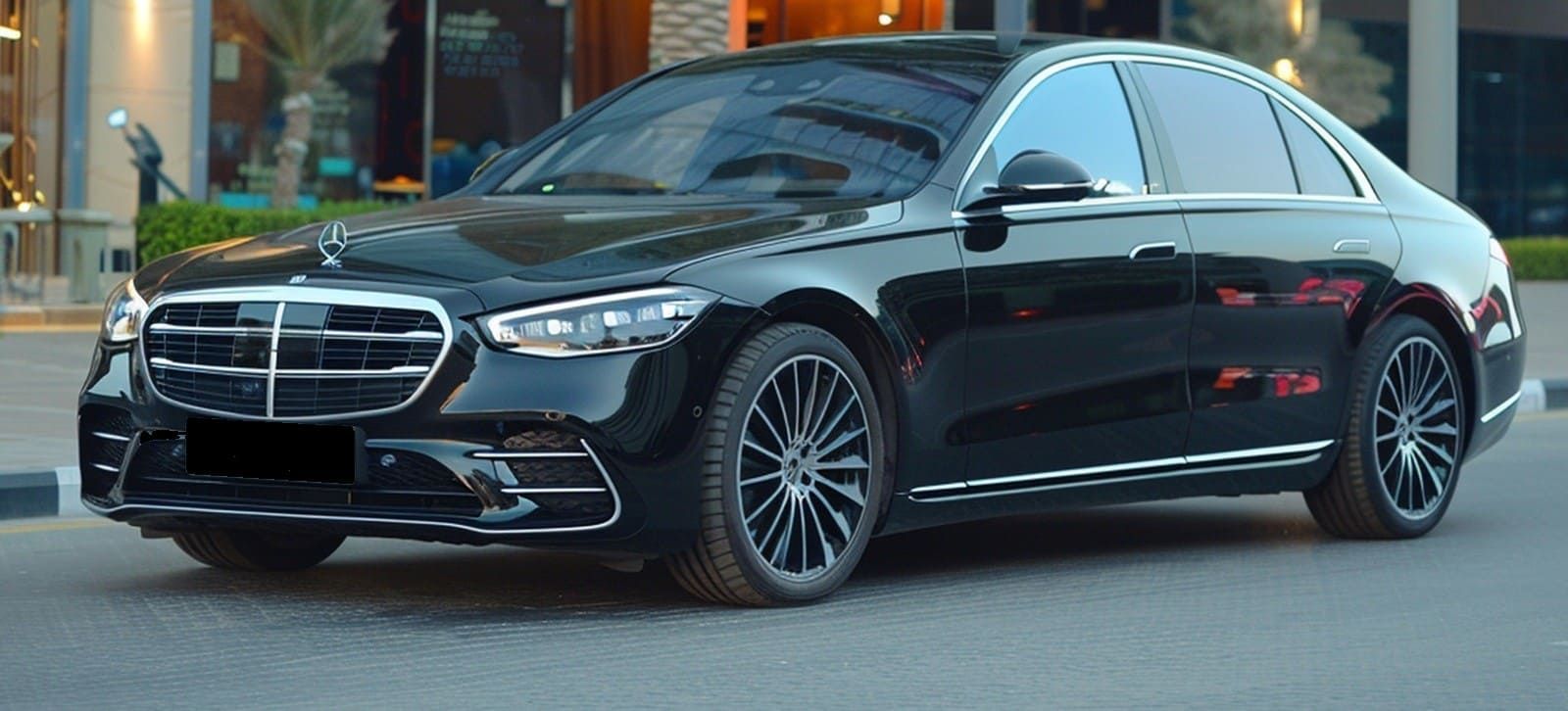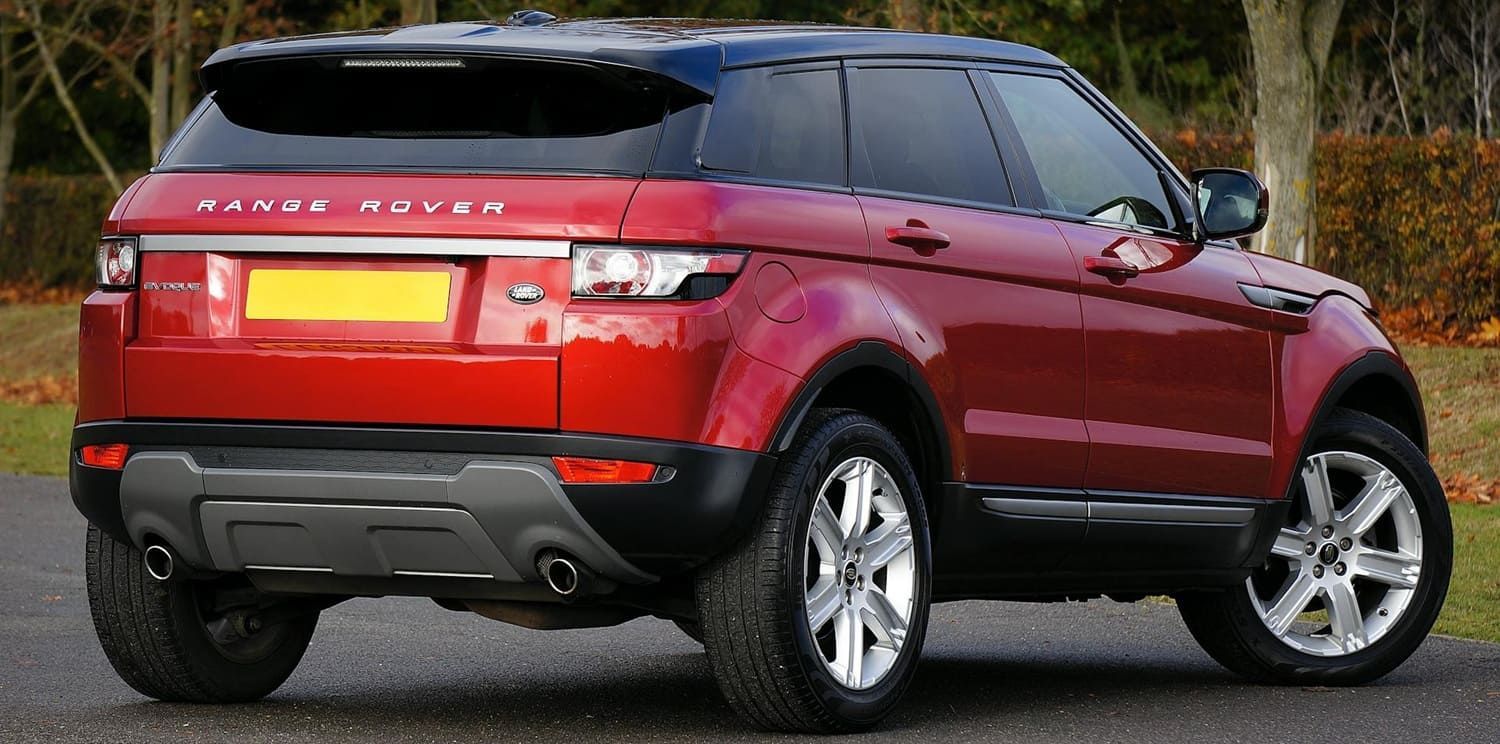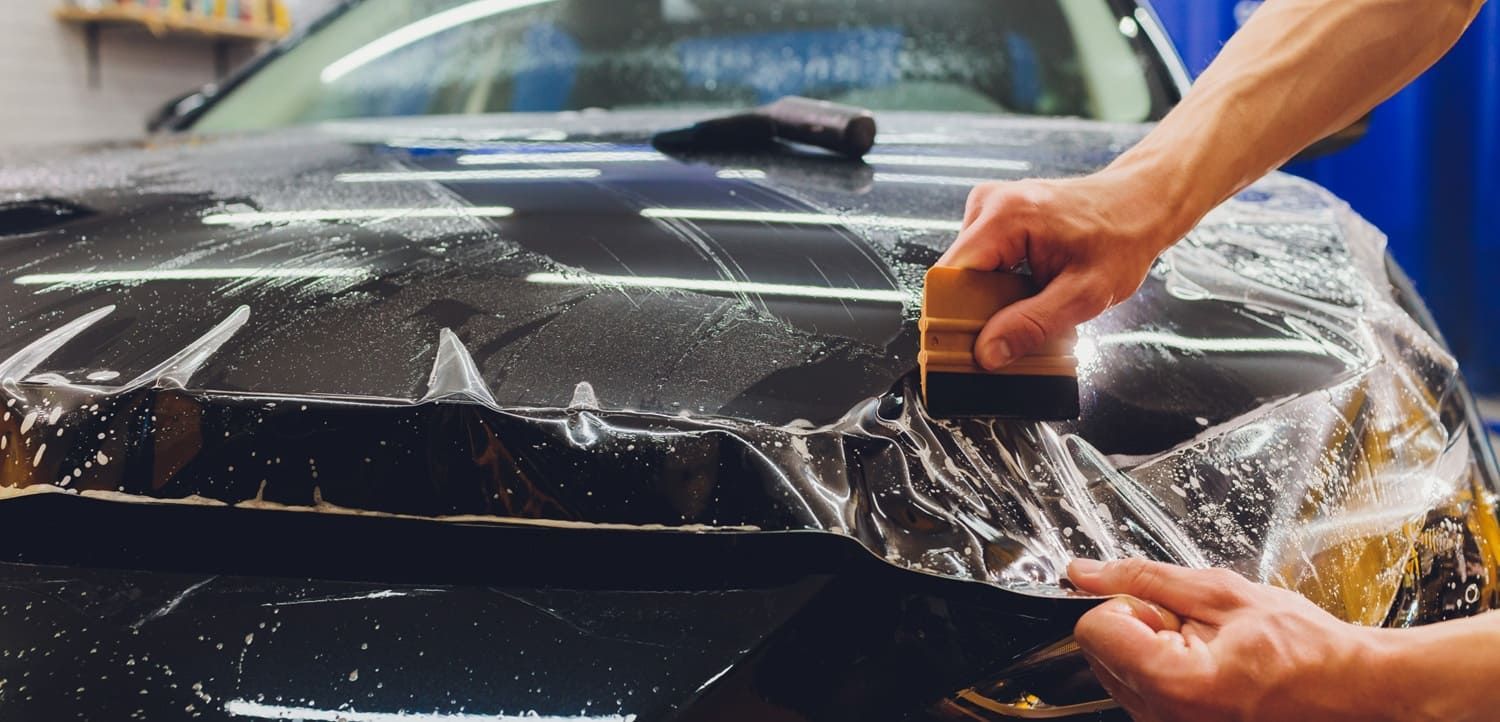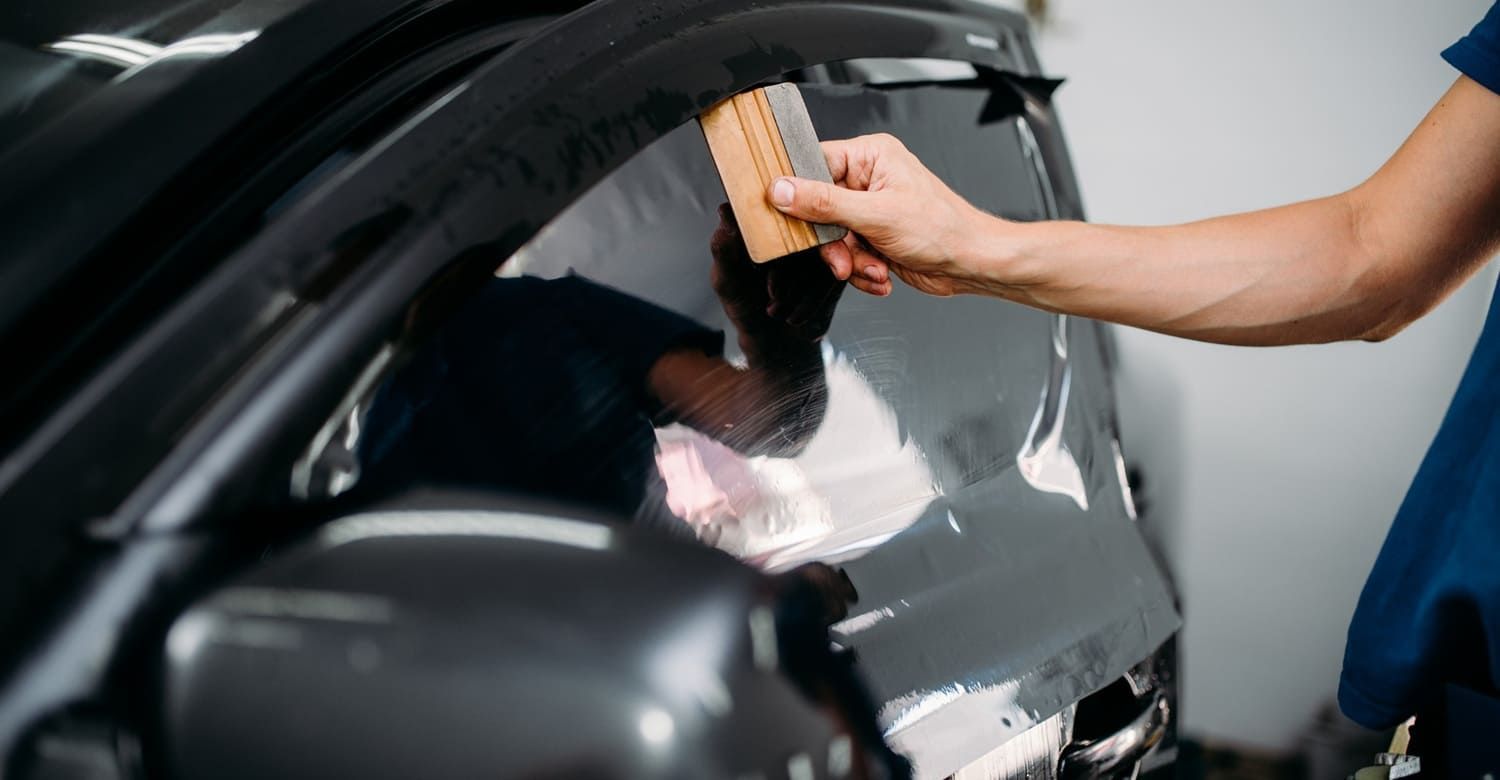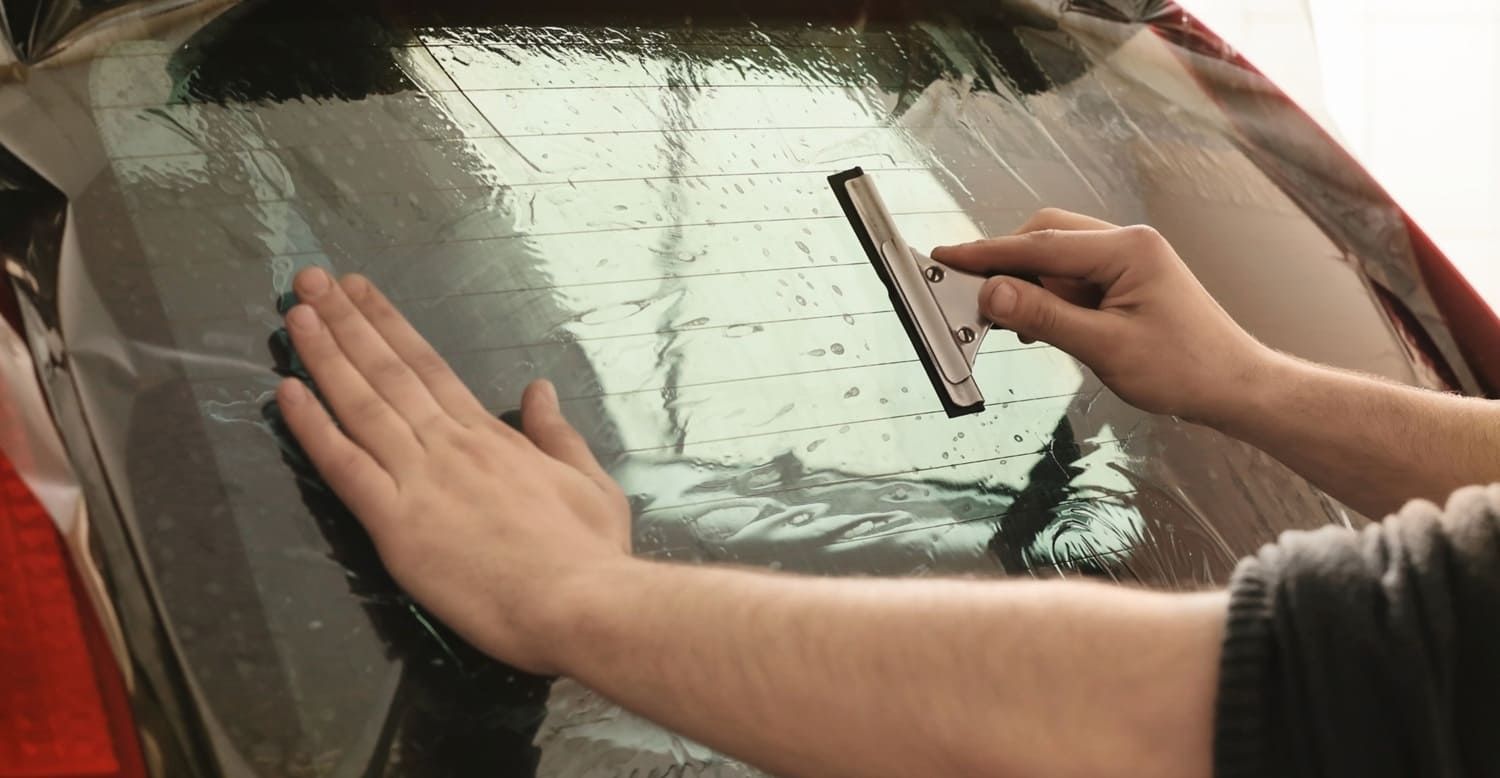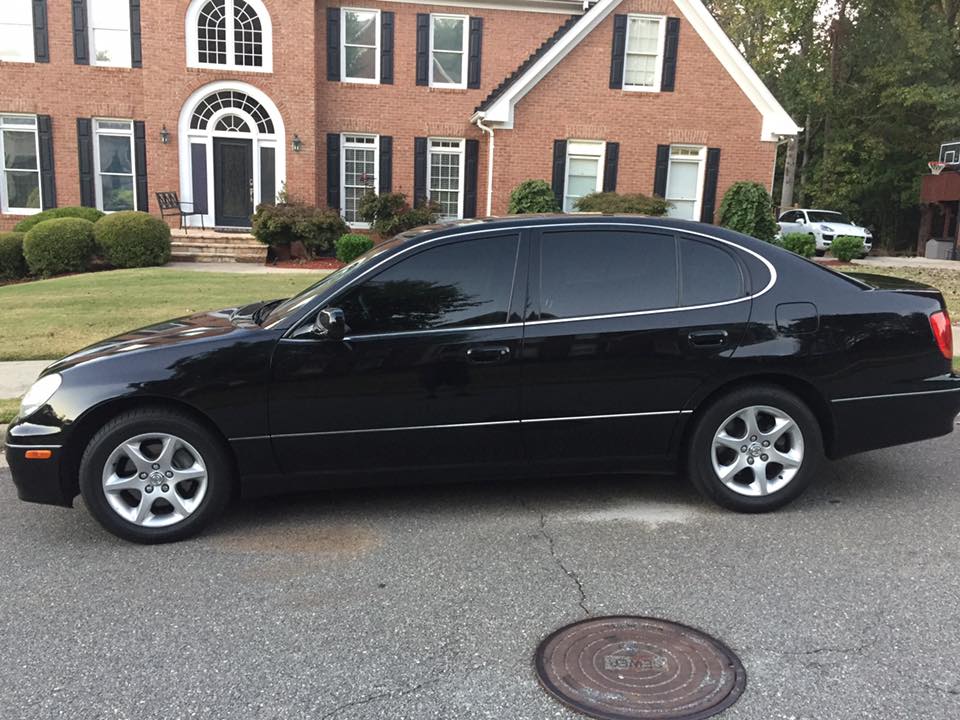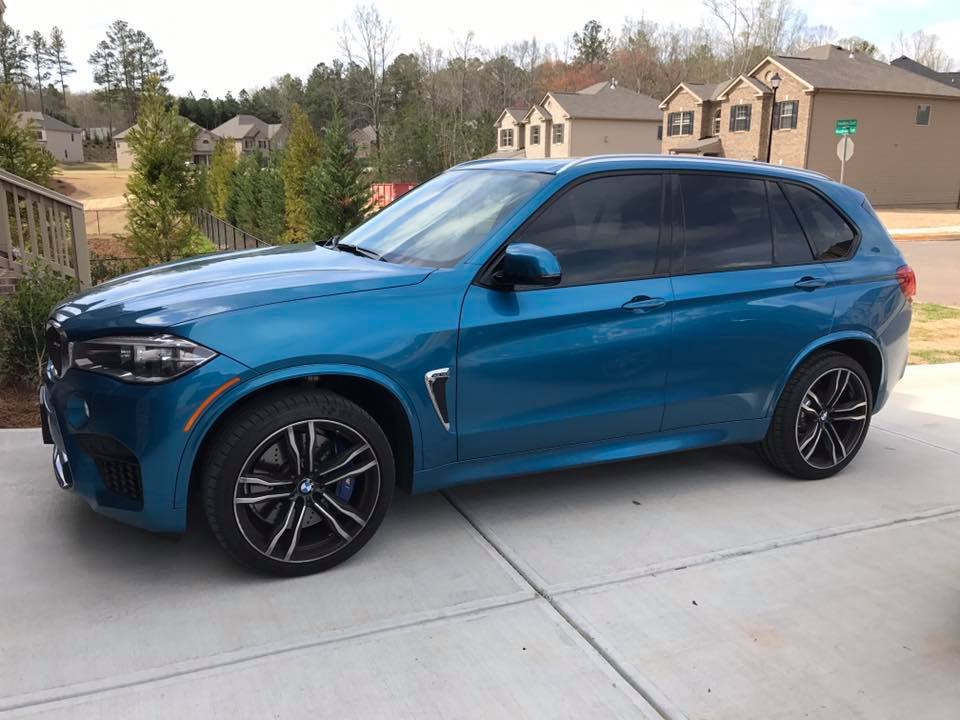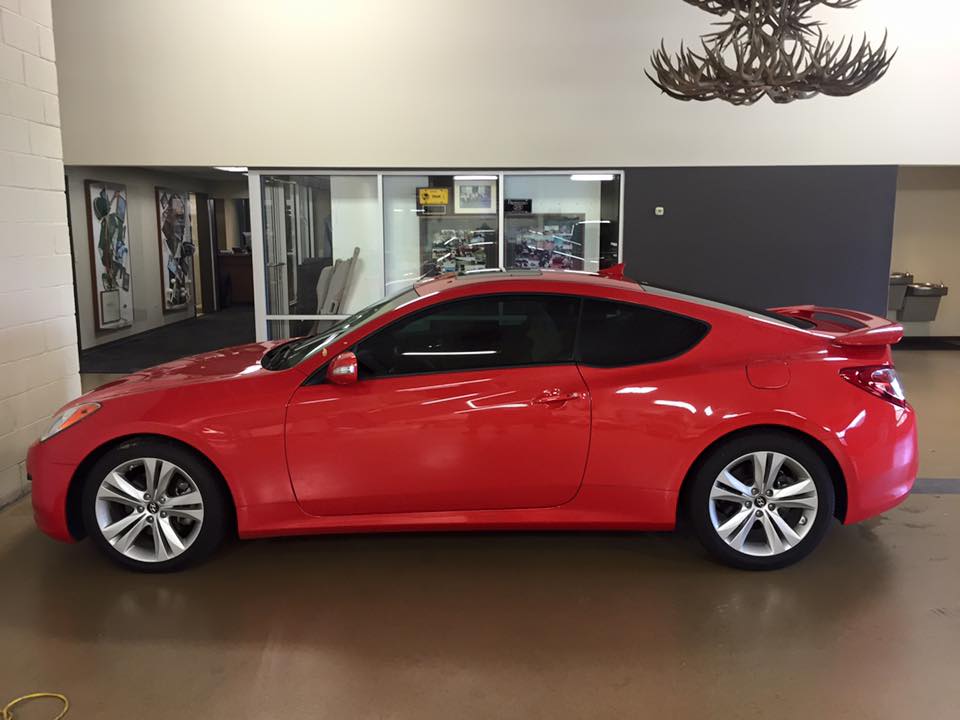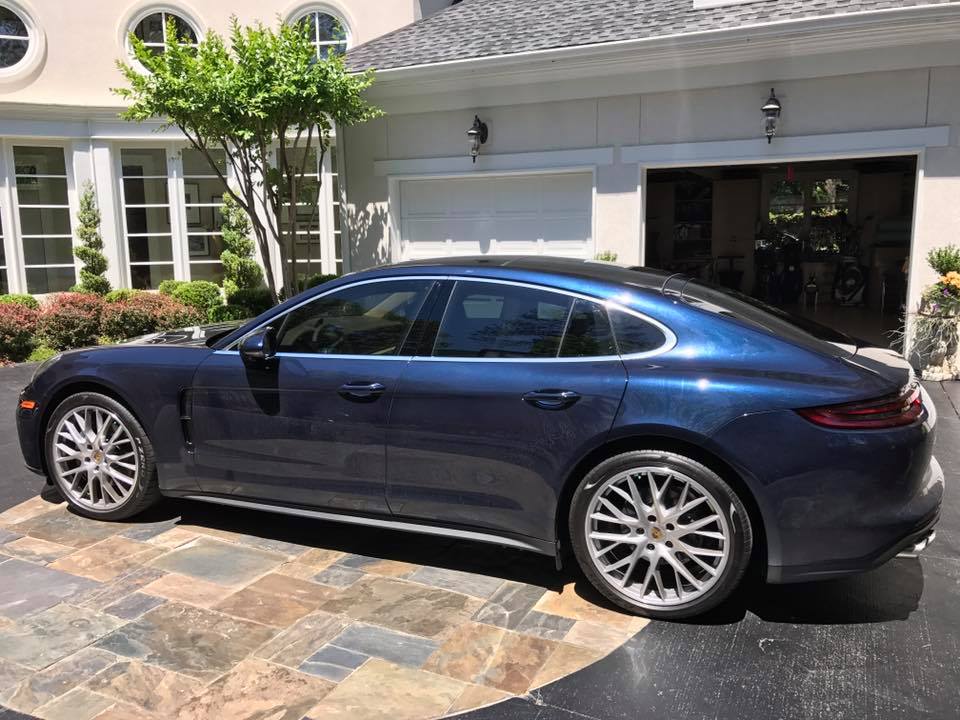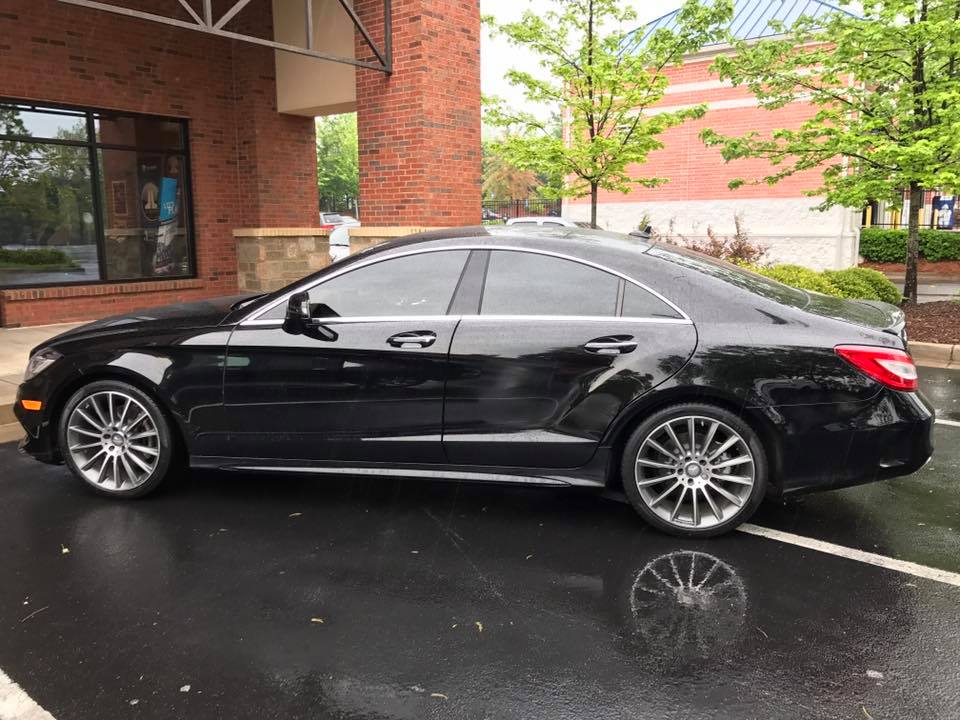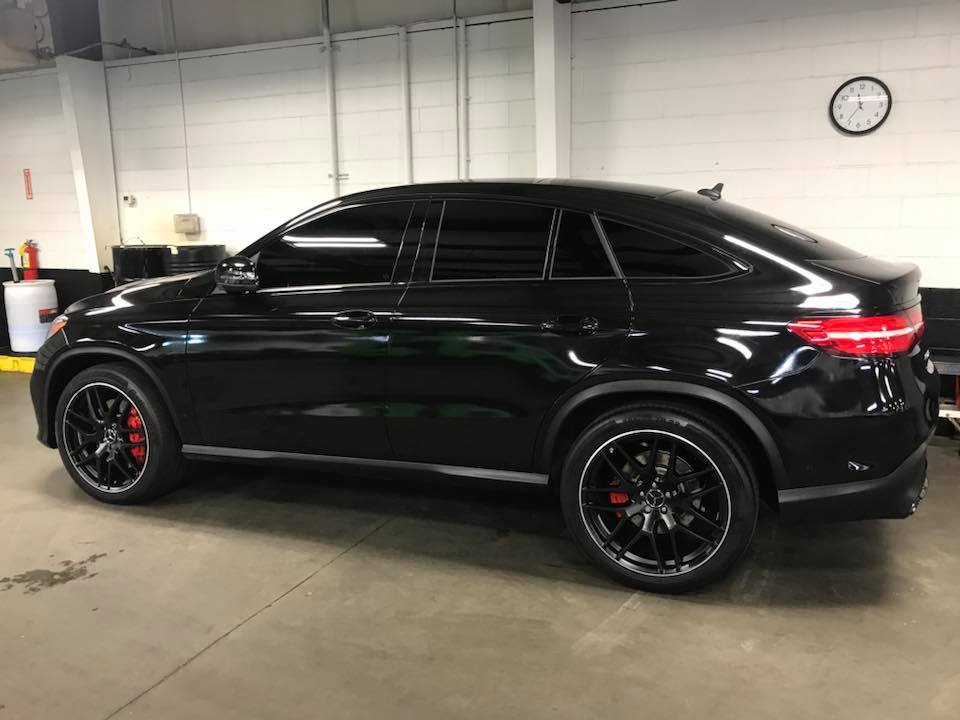What to Expect After Tinting Your Car Windows
Once your car windows have been tinted, you may notice a few immediate changes. The most noticeable is the appearance of your car. With a new layer of tint, your vehicle will likely look more sleek and stylish. This enhancement can increase the overall value and appeal of your car, making it a popular choice for those looking to add a touch of sophistication. Additionally, the increased privacy means that people outside will have a harder time seeing inside your car, which is a significant advantage for many drivers who wish to keep their belongings secure and their personal activities private.
The Drying Process
After the tint film is applied, it needs time to dry. This drying period is crucial, as it ensures the tint adheres properly to the windows. The drying time can vary depending on several factors, including the type of car window film used, the weather, and the humidity levels. Typically, it takes between three to five days for the tint to dry completely. During this time, it's important to park your car in a shaded or covered area to protect the film from direct sunlight, which can cause bubbles or imperfections if exposed too early.
During this period, you might notice a hazy appearance or small water pockets under the tint. This is normal and expected as the moisture trapped between the tint and the glass evaporates. It's important not to roll down your windows during this drying phase to prevent disturbing the tint. Patience is key; allowing the tint to set correctly will ensure a smooth, bubble-free finish. Once the tint is fully dry, your windows will look clear and pristine, providing the desired aesthetic and functional benefits.
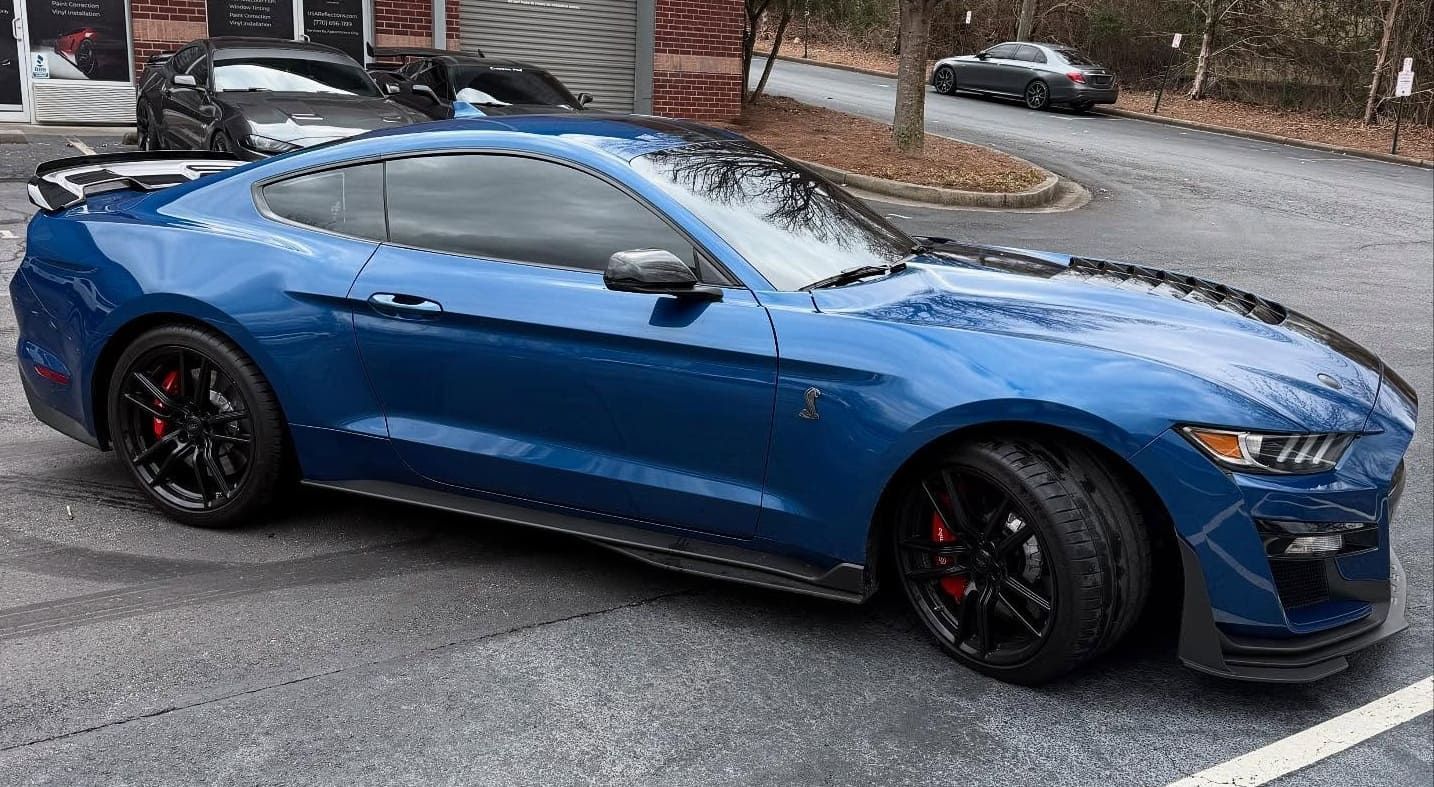
Post-Tint Care Tips
Proper care after tinting is vital to ensure the longevity and effectiveness of your window tint. Here are some car window tinting tips to follow:
Avoid Cleaning Immediately
While it might be tempting to clean your windows to admire the new tint, it's best to wait. Avoid cleaning the windows for at least a week to ensure the tint film sets properly. During this time, even minimal contact with cleaning agents or abrasive materials can disrupt the drying process. Once the drying period is over, you can clean your windows using a soft cloth and a mild, non-ammonia cleaner. Ammonia-based cleaners can damage the tint film, leading to peeling or discoloration, which not only affects the appearance but also the functionality of the tint.
Be Gentle with Your Windows
During the first week after tinting, be cautious with your car windows. Avoid rolling them down or applying pressure, as this can interfere with the tint's adherence to the glass. This precaution helps prevent any potential lifting or creasing of the film, which can be difficult to fix once it occurs. After the tint has fully cured, you can use your windows as usual, but always be gentle to avoid damaging the film. Regular inspection and gentle handling will extend the life of your tint, keeping it looking new and effective for years.
Long-Term Benefits of Window Tinting
There are several long-term benefits of having your car windows tinted that go beyond just aesthetics:
Protection from UV Rays
One of the primary benefits of window tinting is protection from harmful UV rays. High-quality car window film can block up to 99% of UV radiation, which not only protects your skin but also prevents the interior of your vehicle from fading and cracking over time. This can preserve the color and condition of your upholstery, dashboard, and other interior components, ultimately maintaining the vehicle's resale value. Additionally, reduced UV exposure can make long drives more comfortable, minimizing the risk of skin damage and eye strain.
Enhanced Privacy and Security
Tinted windows provide a level of privacy that regular windows do not. They make it difficult for people to see inside your vehicle, which can deter theft and protect any valuables you might leave inside your car. This added security can be particularly beneficial in urban areas or when parked in public spaces. Moreover, the privacy afforded by tinted windows can create a more comfortable environment for occupants, allowing them to relax without feeling exposed to prying eyes.
Improved Temperature Regulation
Vehicle window tint can also help regulate the temperature inside your car. By blocking out a significant amount of solar heat, tinted windows can keep your car cooler in the summer months, reducing the need for air conditioning and potentially improving fuel efficiency. This not only enhances comfort but also contributes to environmental sustainability by lowering energy consumption. Additionally, a cooler interior can help preserve the condition of your car's components, reducing wear and tear associated with extreme temperatures.
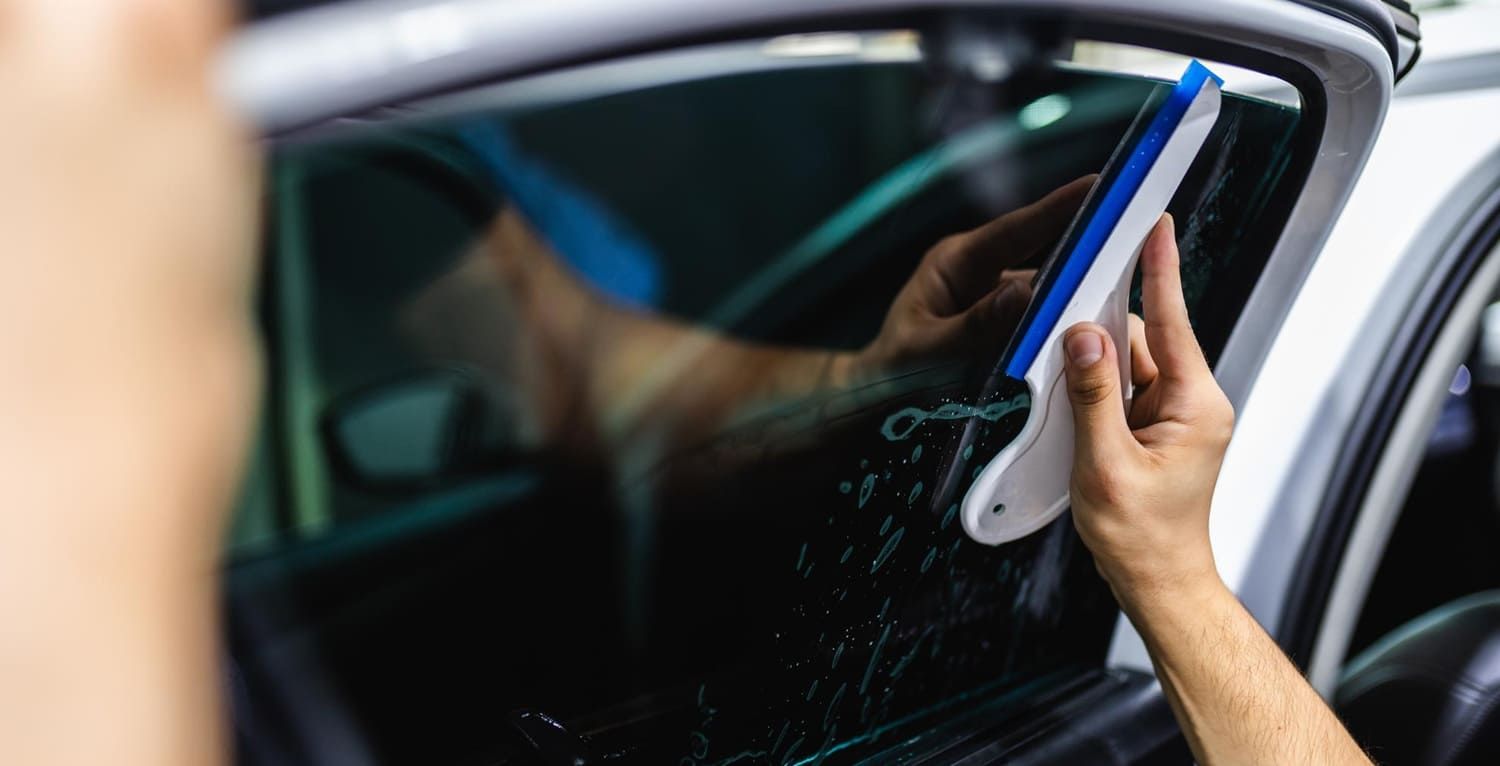
Common Concerns After Tinting
After your windows have been tinted, you might have some concerns. Here are answers to a few common questions:
Will the Tint Fade Over Time?
The quality of the tint film plays a significant role in its durability. High-quality films are designed to resist fading and maintain their color for many years. However, exposure to direct sunlight and extreme temperatures can cause lower-quality films to fade over time. To ensure your tint lasts, choose a reputable provider and a high-quality film. Investing in a premium product may cost more upfront but will save you money and hassle in the long run by reducing the need for frequent replacements.
Can I Remove the Tint If I Change My Mind?
If you decide that tinted windows aren't for you, or if you want to switch to a different shade, it is possible to remove the tint. Tint removal can be a tricky process that involves heating the film to soften the adhesive before peeling it away. It's recommended to have this done by a professional to avoid damaging the glass. Attempting to remove the tint yourself can lead to scratches or residue on the windows, which may require additional cleaning or repairs.
Will Tinted Windows Affect Visibility at Night?
A common concern is that tinted windows might reduce visibility at night. While a very dark tint can make it harder to see, especially in low-light conditions, a moderate tint should not significantly affect your nighttime driving experience. Always ensure your tint complies with local laws regarding darkness and reflectivity to avoid any legal issues. Choosing the right level of tint is crucial to balancing privacy and safety, ensuring you have optimal visibility in all driving conditions.
Conclusion
Tinting your car windows is an excellent way to enhance your vehicle's look and functionality. By understanding what to expect after tinting and following these car window tinting tips, you can enjoy the benefits of your new window tint for years to come. Whether it's the added privacy, UV protection, or improved temperature control, a well-applied tint can make a noticeable difference in your driving experience.
At Metropolitan Tinting, we specialize in providing high-quality window tinting services in Alpharetta, GA, ensuring your vehicle receives the best treatment with professional installation.
Remember to consult with a professional for both the application and any future removal to ensure the best results. With the right care and maintenance, window tinting can be a valuable investment in the longevity and enjoyment of your vehicle.
Contact Metropolitan Tinting today for a free estimate, and let us help you enhance your driving experience with the perfect window tint!




